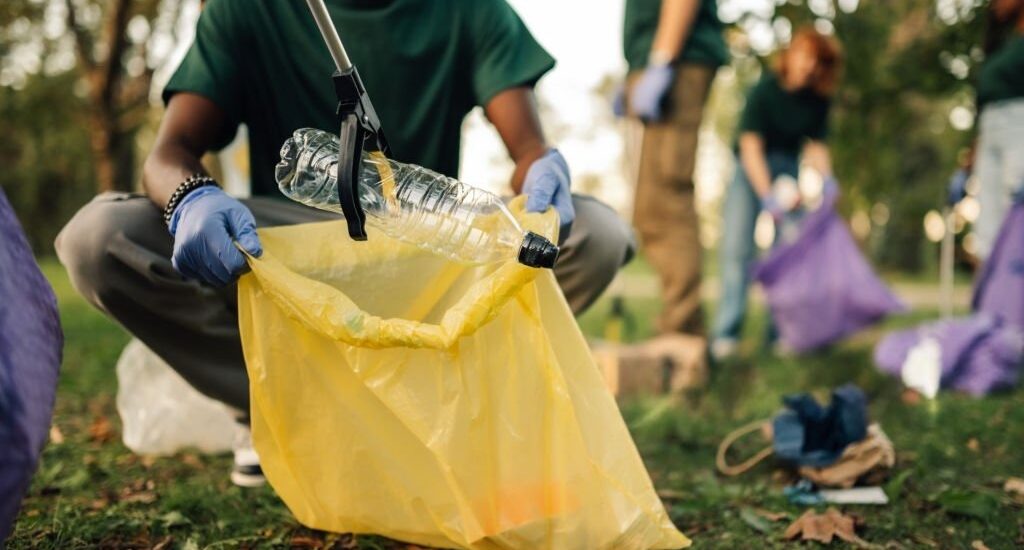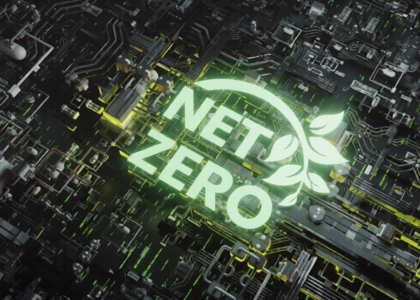Across continents and communities, one truth echoes with growing clarity — the environment has never been neutral.
Whether in Flint, Michigan, where communities battled poisoned water; Manila, Philippines, where pollution chokes the most vulnerable; or Durban, South Africa, where industrial zones sit uncomfortably close to residential neighborhoods, the story remains tragically familiar: those with the least power often bear the greatest environmental burden.
This is not coincidence.
It is a form of environmental racism — the systemic placing of marginalized communities in the path of pollution, climate risk, and ecological neglect.
At SustainabilityUnscripted, we explore not only the data but the humanity behind these issues — reminding the world that sustainability is not just about recycling bins or electric cars, but about justice, equity, and inclusion.
“There can be no true sustainability without justice. A green planet without fairness is simply painted over inequality.”
— Amb. Canon Otto
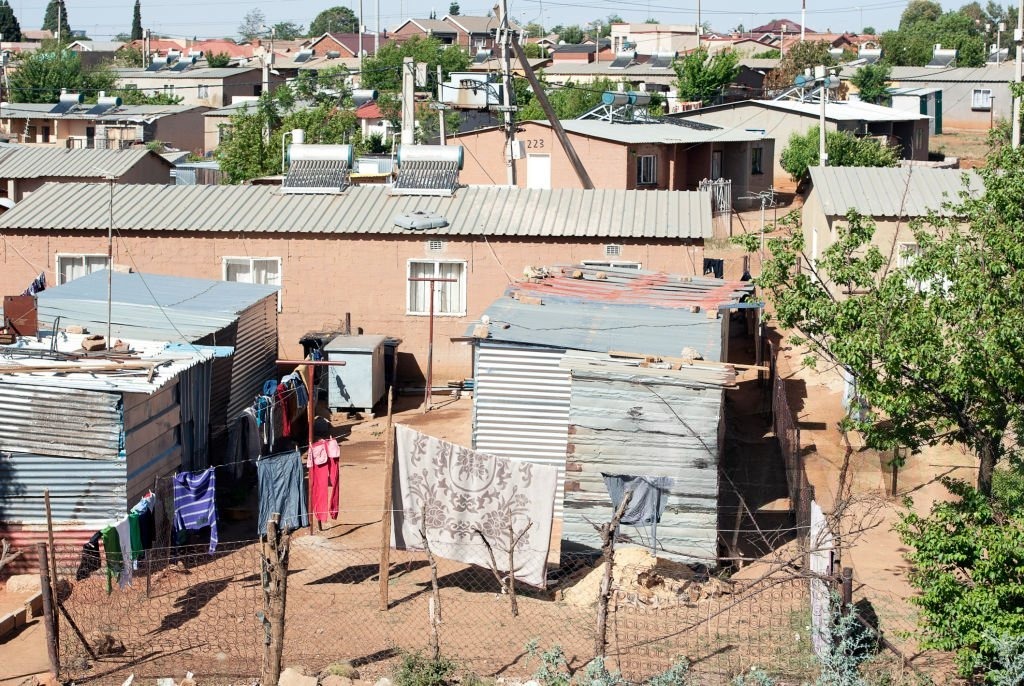
From Local Injustice to Global Responsibility
Environmental racism is not confined by geography; it is a global pattern of neglect — seen in underfunded urban areas, underregulated industries, and underrepresented communities.
When waste dumps appear near low-income neighborhoods, when children breathe toxic air while corporations profit freely, we must ask: who gets protected and who gets poisoned?
The Global Sustainability Summit, through dialogues and partnerships, has made environmental justice a core agenda — uniting policymakers, businesses, and advocates to ensure sustainability includes the voices of those at the margins.
Cleancyclers’ Perspective: Turning Waste into Empowerment
Cleancyclers, a leading voice in circular economy advocacy, believes that waste equity is key to solving this injustice. The organization emphasizes that communities living near waste and pollution sites should not be left behind — instead, they should be empowered through green jobs, recycling innovation, and access to cleaner alternatives.
As part of our collective sustainability movement, Cleancyclers champions initiatives that transform local challenges into global models for green transformation — from solar recycling projects in Africa to sustainable waste recovery networks.
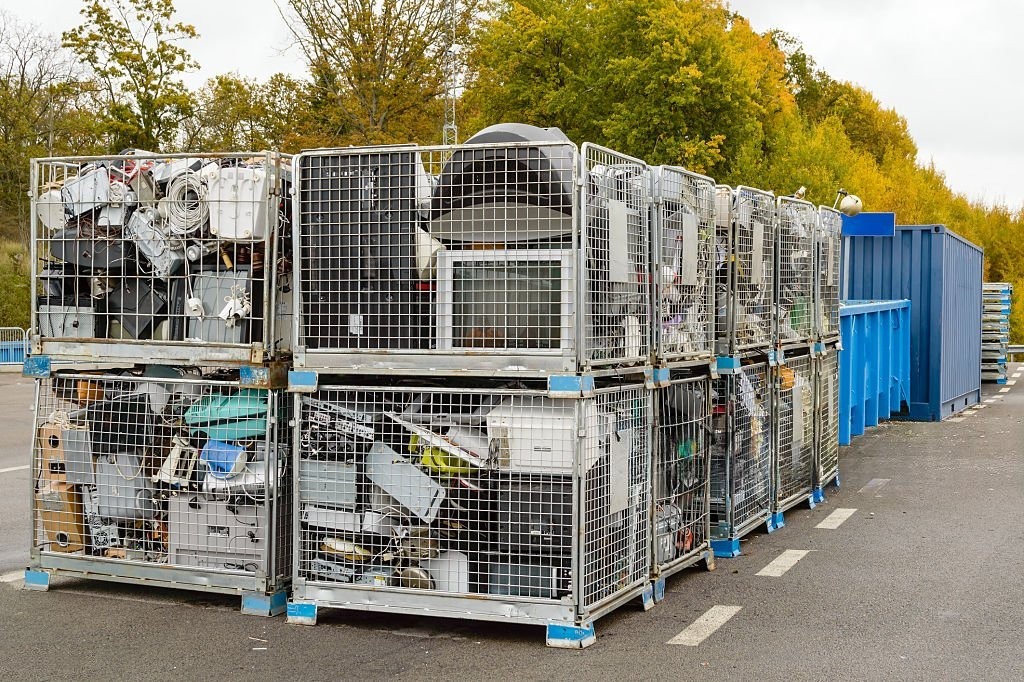
SustainabilityUnscripted: Giving Voice to the Unheard
The SustainabilityUnscripted platform was created to tell stories that often go unspoken — the stories of environmental survivors, community heroes, and youth advocates who refuse to be silent. Through storytelling, research, and collaboration, we connect global parallels — from Flint to Manila to Durban — and amplify the call for accountability.
Environmental racism is not just a policy issue; it is a moral test.
And through this platform, we continue to challenge the world to see sustainability through a more human lens — one that values dignity as deeply as development.
A Call to Action from Canon Otto
It is time to move from empathy to equity.
Let us commit to a global sustainability agenda that leaves no one behind — one where Cleancyclers, SustainabilityUnscripted, and all advocates of justice collaborate to build systems that are both green and fair.
Because as Canon Otto reminds us,
“The measure of a sustainable world is not how much we save, but whom we save in the process.”
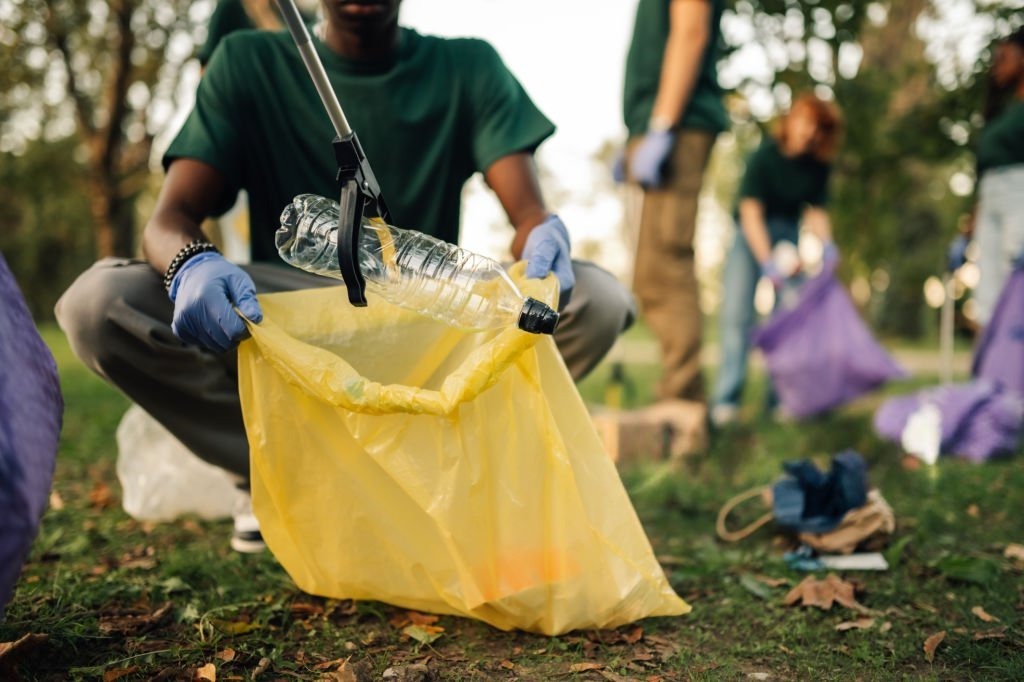
Join the movement.
Read more thought leadership and sustainability insights at SustainabilityUnscripted.com and follow our partner initiatives at Cleancyclers.com.

